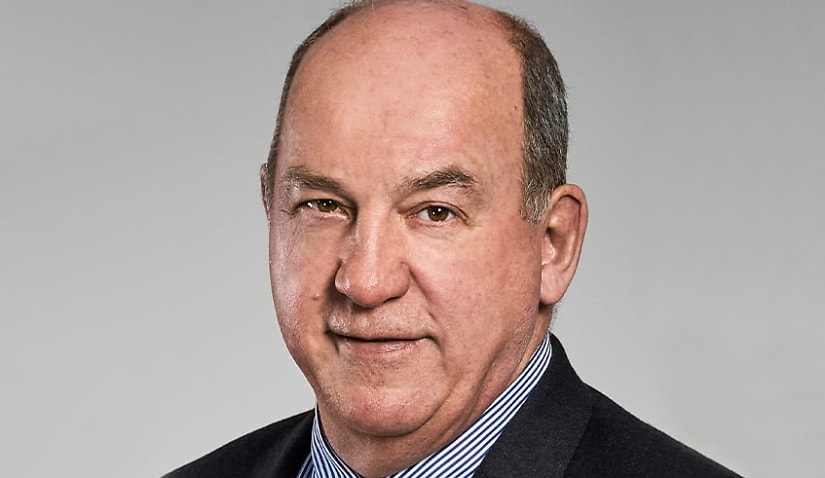In the changing landscape of workplace health and safety, legal leaders are increasingly responsible for ensuring they uphold legislative requirements and execute their duties to safeguard and promote their employees’ psychological wellbeing.

In a recent episode of The Lawyers Weekly Show, Max Kimber SC, a Sydney-based barrister and mediator, emphasised the significant responsibilities and obligations that legal leaders currently bear in ensuring psychological safety is upheld within their firms. This shift has promoted a shift in how these leaders tackle and redress crucial issues such as bullying, harassment, and overall workplace culture.
“Apart from the anti-bullying jurisdiction, which was introduced some time ago but certainly more successful now than it ever was, the Jenkins report into Respect@Work was principally focused on sexual harassment, has led to a progressive introduction of more legislation to align workplace health and safety and anti-discrimination together,” he said.
Kimber emphasised the importance of recognising psychological safety as being just as important as physical safety in the workplace, revealing how this shift enables the creation of safer and more supportive work environments.
“One can’t understate the significance of what’s now happened, in my view, with the recent changes to workplace health and safety laws across the country to introduce the concept of psychological safety. When traditionally, workplace laws or safety laws were about physical safety, now it bears reading the legislation that’s mirror legislation,” he said.
Through these legislative adjustments, Kimber stressed how this requires legal leaders to take concrete steps to protect and safeguard their employees from various potential sources of psychological harm.
“If one reads the New South Wales legislation, one will see that it picks up bullying and what is referred to as psychological hazards, which is anything that’s happening at work that’s likely to make people feel stressed and anxious, not prepared to speak up, isolated, any of those things that have the potentiality to undermine their mental health and their psychological safety.
“The law now requires employers to take all reasonable steps to identify those psychological hazards and to address them,” he said.
Kimber cautioned that legal leaders who neglect to take reasonable steps to identify and mitigate these psychological hazards could face serious consequences.
“If they are in existence and they don’t address them properly and somebody does suffer or there’s a risk that someone will suffer a psychological injury, then you can be prosecuted both criminally, and there’s also a civil jurisdiction,” he said.
With workplaces having to address the psychological hazards prevalent in work environments, Kimber noted how this has facilitated the legal professional to get “back to the fundamentals” of workplace culture that has been previously overlooked.
“We’re now getting back to the fundamentals about workplace culture. I’ve been in businesses where you ask staff about the ground rules for practice, and they say, well, the way things work around here is don’t stick your head up and complain because if you do, you won’t get listened to, or worse still, you’ll then get targeted.
“So, keep your head down and just do your job,” he said.
“The new laws require employers to do more than have policies about these things and training. But in my view, you’ve got to be alive to what the true culture on the ground is in your business, and when it’s identified fairly and honestly as being toxic and hard on people that they don’t feel comfortable about speaking up about matters that concern them, then they’ve got to do something about it.”